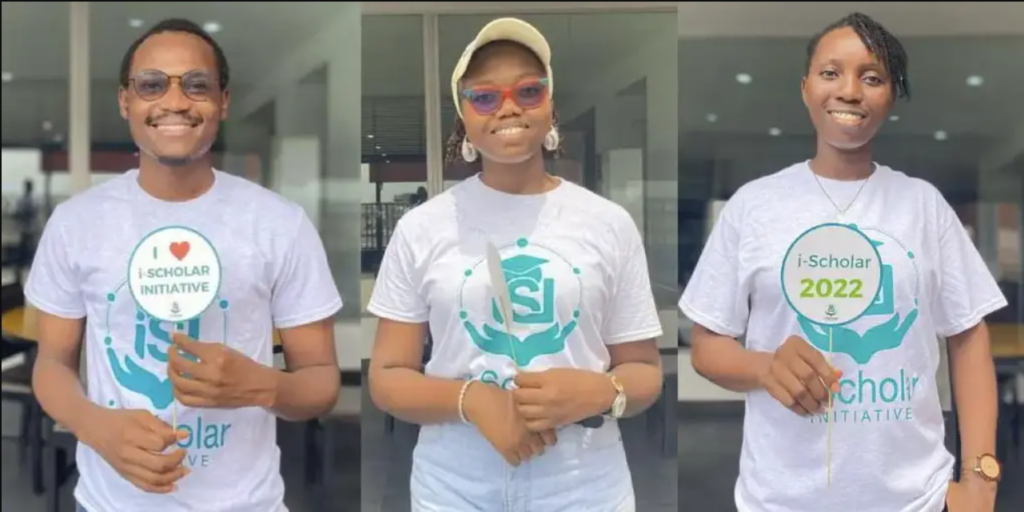
 • Power generation plummets to 3,000MW amid tariff increase
• Power generation plummets to 3,000MW amid tariff increase
• Operators seek special FX window
• Aiyedatiwa tackles BEDC over estimated billing in Ondo
Capacity of Electricity Generation Companies (GenCos) to supply power to the national grid is being threatened by the N3.7 trillion liquidity crisis and the controversy in the tariff regime.
In Ondo State, Governor Lucky Aiyedatiwa, has expressed displeasure over estimated billing by the Benin Electricity Distribution Company (BEDC) on electricity consumers in the state.
The Association of Power Generation Companies (APGC), yesterday, in Abuja said the power plants were on the verge of collapse due to N2 trillion debt and another N1.7 trillion funding crisis created by the Nigerian Electricity Regulatory Commission (NERC) through the supplementary Multi-Year Tariff Order (MYTO) for 2024.
Coming amid promises of improved electricity supply by the Minister of Power, Adebayo Adelabu, in the face of increased tariff, yesterday, electricity generation on the grid averaged about 2,800 Megawatts as hourly generation stayed as low as 1,600MW and peaked at 3,038MW from 20 power plants.
Chairman of APGC Board, Sani Bello, said the debt outlay inhibiting GenCos’ ability to meet their obligations to lenders, and O&M operations, including necessary maintenance, spare parts procurements and employee-related obligations.
Bello said the GenCos were bearing the brunt of the liquidity crisis in the Nigerian Electric Supply Industry (NESI), adding that the development would undermine the electricity value chain.
He feared that the operators could succumb to system constraints, policies and regulations that were not investor-friendly, increasing debts owed by the government without a clear financing plan, lack of firm contracts and a market devoid of guarantees but based on best endeavours, thereby hampering planning and expansion.
“The power generated by GenCos is being consumed in full without corresponding payment, notwithstanding the commencement of the Partial Activation of Contracts in the NESI, which took effect from July 1, 2022, the minimum remittance order, bilateral market declaration, waterfall arrangement, the risks of inflation, forex volatility with no dedicated window to cushion the effect of the forex impact, the supplementary MYTO order, which leaves about 90 per cent of GenCos’ monthly invoices unmet without a bankable securitisation or financing plan. This situation has dire consequences for the GenCos and by extension the entire power value chain,” Bello said.
He added that GenCos’ expectations of being settled through external support such as the World Bank power sector recovery programme, have been dampened due to other market participants’ inability to meet their respective Distribution Linked Indicators (DLIs) enshrined in the Power Sector Recovery Programme (PSRP).
According to Bello, access to forex remains critical, given that major operation and maintenance needs in the generation subsector are dollarised, adding that there is a need for a window or stable dollar allocation option for the GenCos.
The companies warned that unless something urgent is done, the country may face national security challenges resulting from the failure of GenCos to sustain steady generation.
“GenCos liquidity challenges are further worsened by the various policies, such as the payment waterfall in NESI, which deprioritises payment to GenCos. The implication is that GenCos only get paid a portion of their invoices (nine to 11per cent) from whatever amount is left,” he said.
The present situation, he added, is a departure from existing terms of the Power Purchase Agreement (PPA) guiding the contractual relationship between GenCos and the Nigeria Bulk Electricity Trading (NBET), by which NBET, as a buyer, has contracted to purchase the available capacity as agreed under the PPA.
Stressing the need for greater transparency in sector funds’ billing, collection and remittance process, Bello urged immediate implementation of payment plans to settle all outstanding GenCos’ invoices, in line with their PPAs.
The group also insisted on reprioritisation of payments under the waterfall arrangement to give full priority to payment of GenCos’ invoices as and when due, adding that there is a need for a clear financing plan to backstop the exposures in NERC’s Supplementary Order to the MYTO and the DisCos Remittance Order 2024.
AIYEDATIWA ordered BEDC to immediately provide electricity consumers in the state with prepaid meters.
Through the Ondo State Electricity Regulatory Bureau (OSERB), the governor said the order took effect from June 1, 2024.
The governor also rolled out meters to ameliorate the impact of the economic hardship on the people.
Coordinator of OSERB, Stephen Bolawole, stated that all the DisCos were expected to meter all the facilities within 12 months.
Bolawole said, “Pricing of ‘O ‘Datiwa Meters’: single phase meter is N101,750, three phase meter is N185,000, and din rail meter is N78,000, all exclusive of VAT. The prices stated are effective immediately from the date of this order.
“DisCos must submit a detailed implementation plan to OSERB within 30 days of the effective date of this order, outlining their strategy for achieving full metering within the stipulated timeframe. They must provide quarterly progress reports to OSERB detailing the number of meters installed, areas covered, and challenges encountered.”












